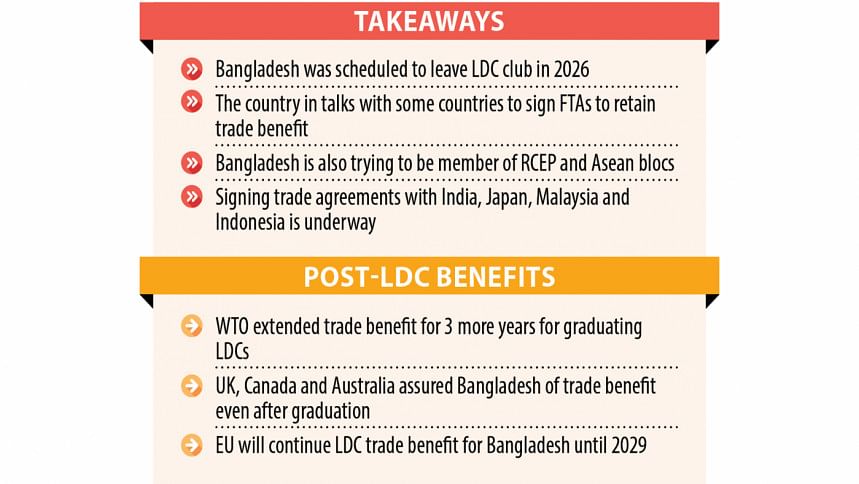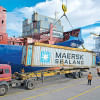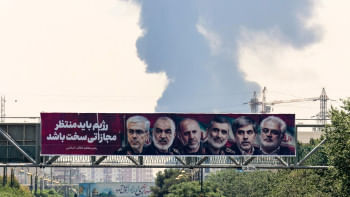Govt to take more time to decide on LDC graduation

Bangladesh will take more time to decide on its graduation from the least developed country (LDC) category, scheduled for 2026, Commerce Adviser Salehuddin Ahmed said yesterday.
Ahmed made the comment in response to journalists' questions, noting that business leaders prefer that the LDC graduation be delayed for the retention of trade benefits for a longer period.
He was speaking at a press conference held at the commerce ministry in Bangladesh Secretariat in Dhaka.
The adviser also said the government formally began negotiations to sign a free trade agreement (FTA) with Singapore yesterday to boost bilateral trade.
Both Bangladesh and Singapore have a close relationship, and it is expected that the trade will grow once the FTA gets through. However, he did not specifically state when the proposed FTA could be signed.
The adviser also said the businesspeople were concerned over their trade as the LDC graduation would also erode the preferential trade benefits provided to them.
But at the same time the decision of the LDC graduation will not be taken all on a sudden as it is very much connected to many issues like trade and intellectual property rights (TRIPs), he said.
"It (the decision) will be taken in the greater interest of the country's people," he added.
Ahmed said the interim government would continue to hold the negotiations for signing FTAs with a few other countries like Malaysia, Indonesia, Japan and India.
Commerce Secretary Md Selim Uddin also said the government has been holding negotiations with some countries and regional platforms for signing the FTAs.
The countries and regions are Indonesia, Malaysia, Japan, the Regional Comprehensive Economic Partnership and the Association of Southeast Asian Nations, he said.
Derek Loh, high commissioner of Singapore in Bangladesh, said the issue of signing the FTA between Bangladesh and Singapore was raised in June 2021.
Since then, a joint committee was formed and both countries held meetings and conducted a feasibility study so that the negotiations could begin, he said.
In 2022, both countries signed a memorandum of cooperation for boosting bilateral trade and commerce.
So, the signing of the FTA between the two countries will be a win-win situation for both nations, he added.
The FTA is on increasing trade in areas like infrastructure, power, economic development, trade, investment, logistics and transportation, the high commissioner also said.
Lutfey Siddiqui, the chief adviser's special envoy on international affairs, said the interim government has been continuing reforms to create an enabling investment environment.
The FTA will enhance bilateral relations in services and investment, he said. Also, this FTA will enable increased access to southeast Asian countries.
Both countries have strong economic fundamentals, including Bangladesh being the second-largest garment exporter and Singapore being one of the major global business hubs, he added.
Bangladesh imports capital machinery and intermediate goods worth $13 billion in a year and Singapore exports $220 billion worth of goods in a year, said Siddiqui.
Bangladesh exported garment items worth $35 billion last year and Singapore imported garment items worth $3 billion during this time.
Last year, Bangladesh exported garment items worth $200 million to Singapore and here is an opportunity for expansion of garment export from Bangladesh, he said.
Singapore can be one of the major sources for investment in Bangladesh in areas like power, energy, transport, logistics and significant people-to-people contact between the two countries, said Siddiqui.
The FTA signing will also increase foreign direct investment, technical cooperation and trade and overall cooperation between the two countries, he added.
Bangladesh is scheduled to graduate from the LDC status to a developing nation in November 2026, he said.
But businesspeople want the graduation to be delayed as they need the continuation of the LDC trade benefits for some more years to gain competitiveness in global trade, he said.
In the last Ministerial Conference of the World Trade Organization (WTO) held in Abu Dhabi, the ministers decided to allow the continuation of the LDC trade benefits to the graduating LDCs for three more years.
But even in that case, the LDCs will have to hold bilateral negotiations to obtain preferential trade benefits.
The European Union will continue the LDC trade benefits for Bangladesh up to 2029, offering a three-year grace period to the graduating LDCs.
A few other countries like Canada, the UK, and Australia will also continue the LDC trade benefit for Bangladesh even after the graduation.
Chowdhury Ashik Mahmud Bin Harun, executive chairman of Bangladesh Investment Development Authority, also spoke.

 For all latest news, follow The Daily Star's Google News channel.
For all latest news, follow The Daily Star's Google News channel. 






Comments